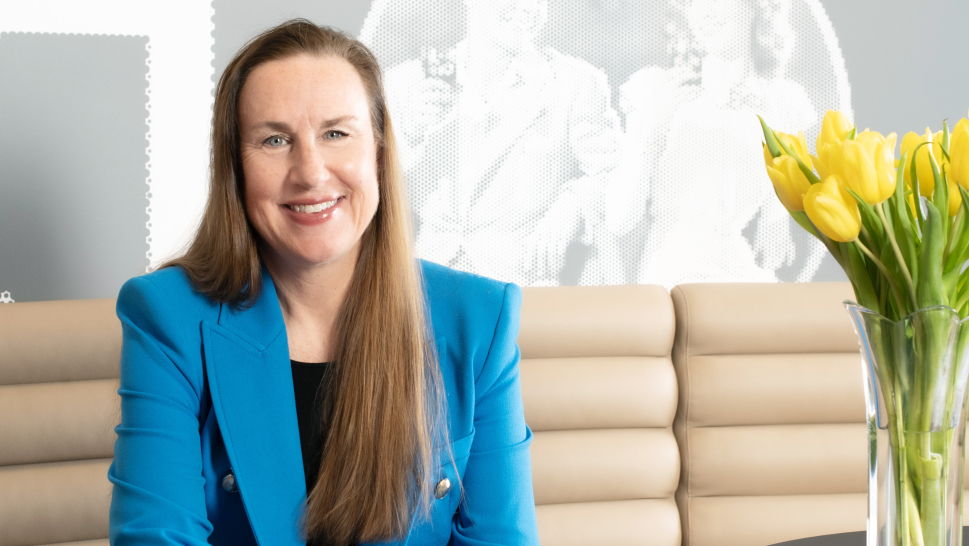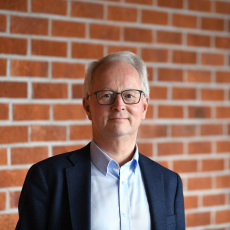Be nice to your problems – they’re your most valuable assets!
Audrey Clegg left her native USA for a two-year placement with Wolseley, over 25 years ago. She’s been based in Europe ever since, working for ABB, Coca-Cola HBC and now Sanofi. “Some problems we can solve,” she says, “And some we can’t. But if we can learn something from them either way, we come out on top. That’s why I persuaded all the companies I’ve worked for to join CEMS. It’s a great place to find new ways of turning problems into opportunities.”
I’m lucky enough to be born glass half-full, so I naturally tend to look at problems as opportunities – gifts even. They might be covered in the nastiest gift-wrap you can imagine, but get inside and you’ll find a wealth of insight and opportunity.
I love this example.
One of IBM founder Tom Watson’s employees made an error costing the firm $600,000. As the employee entered the boss’s office, he said: “I suppose you want my resignation.” Watson looked up and said, “Are you kidding? We just spent more than half a million dollars on your education.” Not many of us would be bold enough to reply that way. Past experience might have dulled our appetite for risk. Or we might be naturally pessimistic.
What if you’re glass half empty?
One option is to adapt your outlook – for which I’d recommend the book Tiny Habits by behavioural scientist BJ Fogg. He taught many digerati including Mike Krieger, co-founder of Instagram. So, I suspect you, like me, have had your habits changed by him – for better or for worse! There is also a second option. If you’re proud of your critical attitude and it’s served you well, remember you have just as much to bring to the party as us optimists.
Let’s look at an example.
How do we get spam off the menu?
Are you getting more scam calls and emails than you used to? According to New York Times columnist Ezra Klein, we are once again losing the battle against the spammers and the phishers. He suggests we counter with technology, telling the story of an AI tasked with getting a high score on a video game. Instead of working out how to play the game, the AI found a bug in the system that allowed it to record the highest score without even playing. To beat the spammers we have to think lateral or as the saying goes: ‘To catch a salmon, you gotta think like a salmon’.
Reframe your assets
Today, the world is moving faster than ever. Even the pace of change is accelerating. Learning how to reframe problems – and learning to unlearn – is vital. Let’s look at another example.

In recent years, climate scientists have found that our oceans probably play a more important role in regulating our climate than the atmosphere: one third of CO2 generated by humans is swallowed up the sea. And yet our understanding of ocean circulation is poor.
To encourage further study and shift perception, one journalist suggested that as 71% of our planet is covered in water, we should change its name from ‘Planet Earth’ to ‘Planet Water’.
Power up your problems!
Perhaps the most valuable lesson I’ve learned from all the corporate partners and students and academics I’ve worked with at CEMS over the years is this: whether you are glass-half-full or glass-half-empty, use your insights and perspectives to reframe whatever problems come your way. Whichever you go, though, make sure you find people to work with who see the world differently to you. Whether they ‘annoy you with their weird ideas’ or ‘challenge you with a different perspective’ is your choice!




